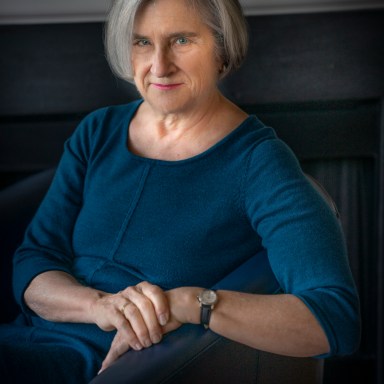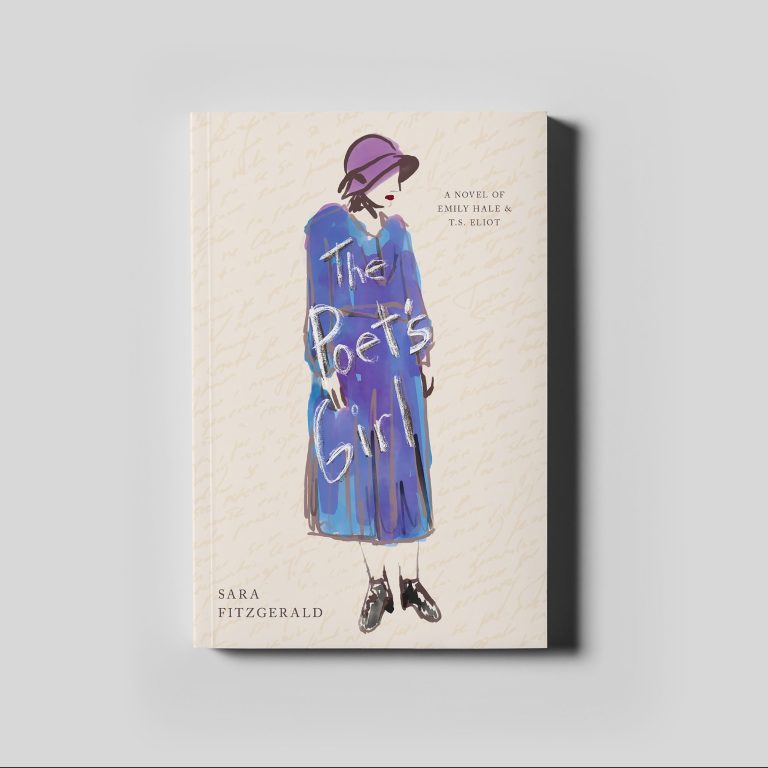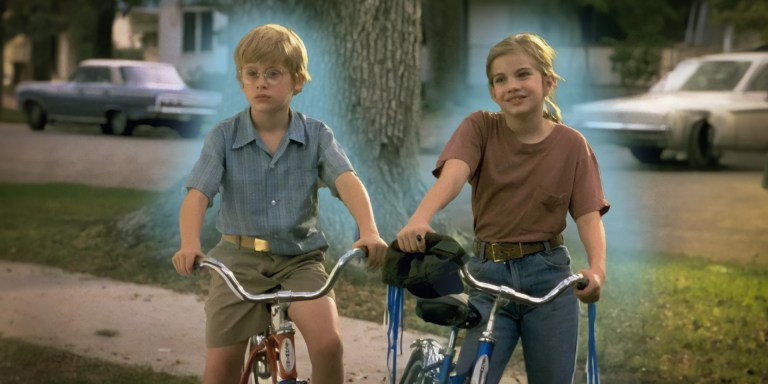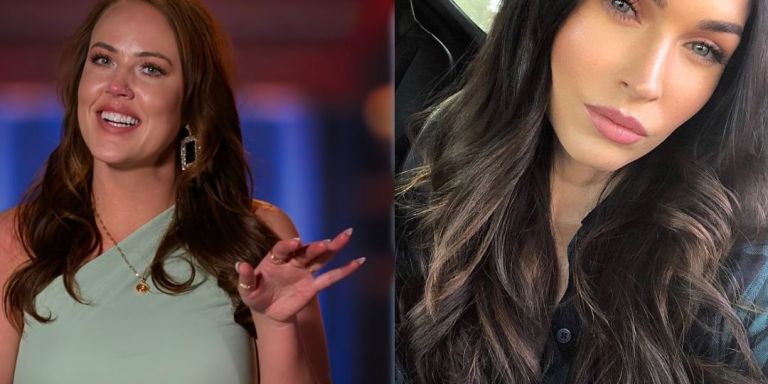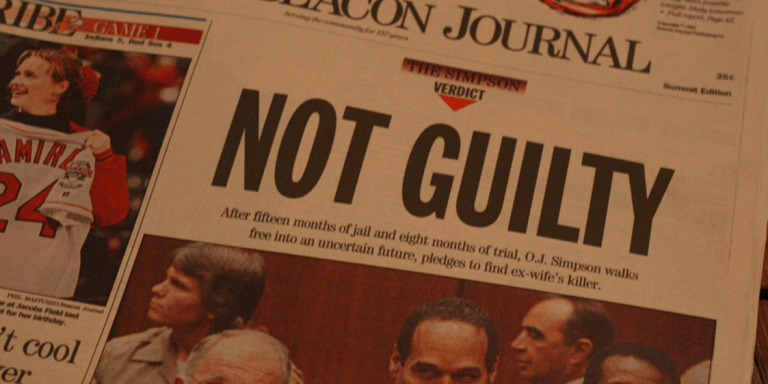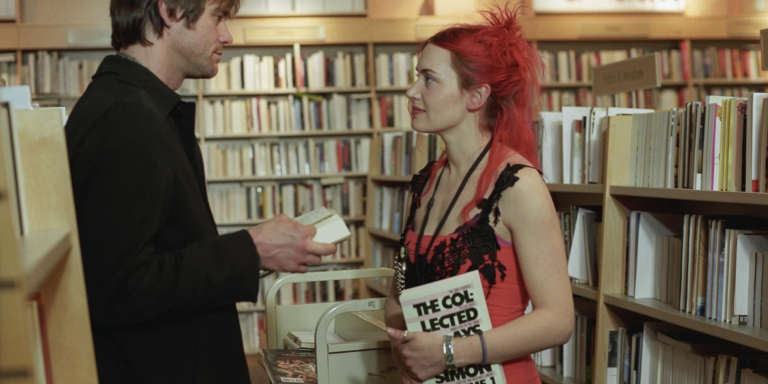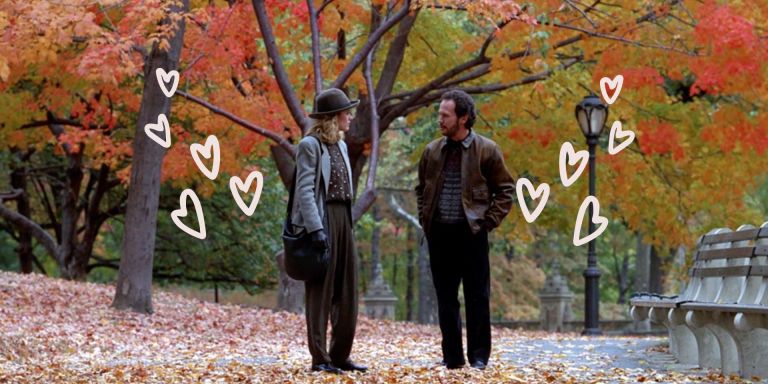When I was a teenager, my mother used to caution me that when it came to boys, it was important not to be too eager. If I got my coat out of the closet to speed my departure for a date, she telegraphed this unwritten rule by hanging the coat up again.
I heard her voice for years, and now that I am on my own again, I still hear it. In the long ago, it meant I did not make the first phone call. Today the fingers stop from sending the first e-mail or initiating contact on social media. In dissecting how an old relationship evolved decades after it ended badly, we both agree that it might have played out differently if I had simply made a phone call. But that, I knew, was his job.
A moment like that is at the heart of my new novel, The Poet’s Girl. I sought to bring to life Emily Hale, the first love of the poet T. S. Eliot. The two of them met in pre-World War I Boston and courted before Eliot left in 1914, planning to spend a year in England on a graduate fellowship at Oxford. Instead he married someone else and didn’t return home for nearly 20 years.
Yet over the course of their lifetimes, he wrote her more than 1,100 letters, letters that will be opened on January 2, 2020, after being under seal for more than 50 years at the Princeton University Library.
Eliot’s first wife died, and late in life, he married a much younger woman, his secretary, Valerie Fletcher. She devoted the rest of her life to preserving—and protecting—his literary reputation. She began collecting, annotating and publishing the poet’s letters. In an introduction to the first volume of Eliot’s letters, covering the years 1898-1922, she wrote that when Eliot left the United States, he told Hale “he was in love with her. He had no reason to believe, from the way in which his declaration was received, that his feelings were returned ‘in any degree whatever.’ They exchanged a few letters, ‘on a purely friendly basis’, while he was up at Oxford.”
I am, by nature, a romantic, and I find that version of the story hard to accept. But for the time being, I was stuck with it. The letters in the Princeton collection do not start until 1930, 16 years later, so unless Eliot recalls the scenes surrounding his departure, we may never know the full answer. As for Hale’s version of the story, Eliot asked an associate to destroy her letters following his marriage to his second wife.
So I drew from my own memories in developing this scene, the words of my mother in my ear, the hand on my shoulder, restraining me. Emily Hale was a proper Bostonian, the daughter of a Unitarian minister, the niece of a minister’s wife with a controlling personality. As Eliot prepared to go to Europe, I posit that she was hurt and confused by his reluctance to discuss their future. And so she is surprised by his declaration of love (if indeed he made one). As he heads out the door, disappointed over her response, she has second thoughts, wanting to chase after and declare her love for him. She reaches for the doorknob but then hears the voice of her aunt. As I described it:
“A proper woman,” she remembers, “would never chase after a man like that. And certainly not out in front of the neighbors.”
No matter how old we are, it is often hard for women to shake those voices.

